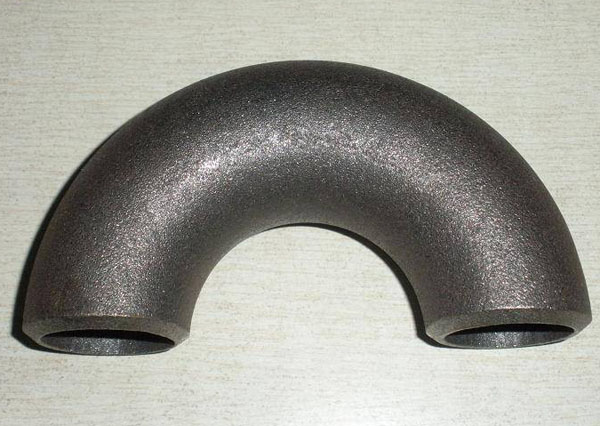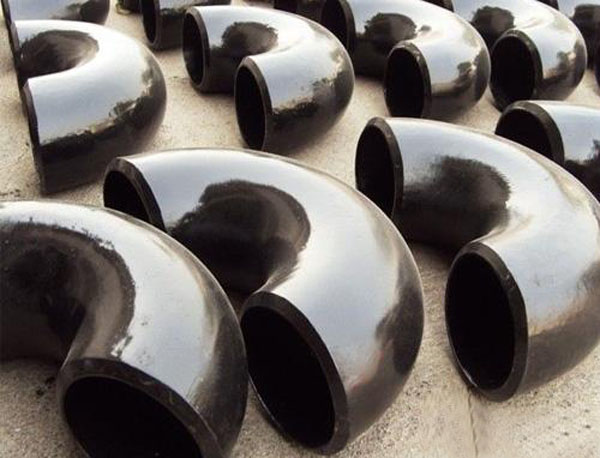The effect of bacterial fertilizer is determined by the type of biological bacteria. Among the bacterial fertilizers, the most widely used is bacteria. Bacillus in bacteria is an important component of bacterial fertilizer. Bacillus megaterium, Bacillus subtilis and Bacillus licheniformis are commonly used in the production of bacterial fertilizer in Bacillus. . Bacillus megaterium can be used to produce phosphate-fixing potassium fertilizer, which has good effect on degrading organic phosphorus in soil; Bacillus subtilis is mainly used to ferment all kinds of organic fertilizer (manure); Bacillus licheniformis is also called silicate bacteria. It can decompose potassium-containing minerals composed of silicic acid salts and aluminosilicates, and has the functions of dissolving phosphorus, releasing potassium and fixing nitrogen.
We use different types of bacterial fertilizers, and the types of biological bacteria are different. Some are used to decompose organic fertilizers to avoid burning roots. For example, the antibacterial 968 has high fertility; some can produce antibiotics, inhibit harmful bacteria around the rhizosphere, and avoid Root disease infestation, while enhancing root function, etc., such as large source landing roots. According to the type of biological fertilizer, the biological fertilizer should be selected reasonably.
It is not correct for the vegetable farmer to use the bacterial fertilizer as a conventional fertilizer. It is an auxiliary fertilizer that does not contain the nutrients needed by the plant. Instead, it accelerates the conversion of nutrients and promotes the absorption of nutrients by the microbial life activities. Inhibit the activity of harmful bacteria. Therefore, the bacterial fertilizer must be used in conjunction with organic fertilizers in order to fully exert its productivity.
180-degree bend use in the ammonia refrigeration system, an evaporator of many, such as cold storage evaporator calandria frozen between heavy use. Mainly to reduce the weld, reducing the normative leaks and standard installation. The two parallel tubes, not in the axis coincides, the 180-degree bend seam one less than two - welded - 90-degree elbows !
Product Name:180 Degree Elbow
Size:DN10-DN2500
Materials: A234 WBP-WP1-WP12-WP11, A403 WP 304-304L-316-316L, A402 WPL3-WPL 6,A860 WPHY 42-46-52-60-65-70,PG370,C20
Thickness: 2mm-100mm
Standard:GB/ANSI/ GOST/ JIS/ DIN
Crafts: Butt, Push System, Simmer
Connection: Welding
Package: Wooden boxes,Wooden pallets,According to customer requirements.
Brand Name: HY
Place of Origin: China (Mainland)
Certification: ISO.UKS.SGS.BV
Application: Chemical, Water, Oil and gas, Electricity


180 Degree Elbow,Seamless Elbow 180 Degrees,180 Degree Pipe Elbow ,Stainless Steel 180 Degree Elbows
CANGZHOU HAOYUAN PIPE FITTINGS MFG CO.,LTD , http://www.pipefitting-china.com